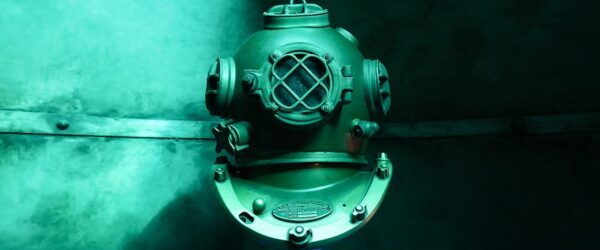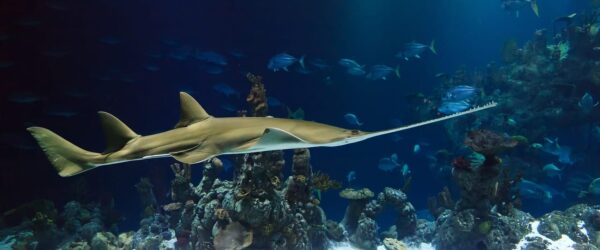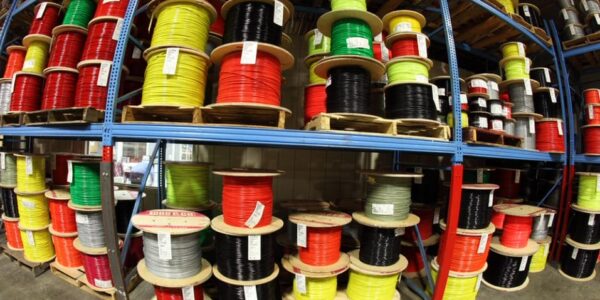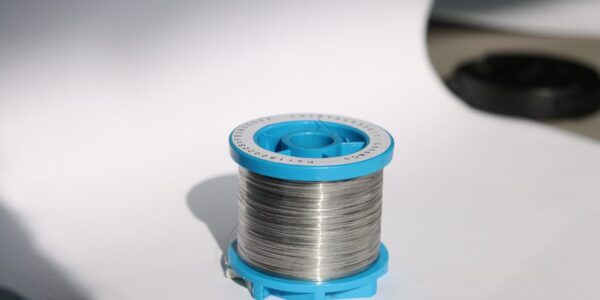When conducting Marine research, precision and material durability are required to produce accurate results. With the various challenges present in the Marine industry, and the need for exact results, the materials used to collect research data must be able to withstand these environmental demands.
Whether the research is visual, sonar or environmental, the intricate devices and Oceanographic cables can come from products we manufacture at Central Wire Group of Companies. Our innovation and attention to detail in manufacturing helps provide the precise results researchers are looking for.
Continue reading this blog to learn about how different subsea Marine research applications work, and the qualities of our products ensure reliable performance in this sector.
Research Equipment
To conduct research on Marine environments, whether it be on temperature, animals or cleanliness, requires precision equipment. This equipment must be able to handle the changing temperatures and conditions of underwater environments, while gathering accurate information from potentially large radius areas.
The equipment options for Marine research includes:
- Underwater Cameras
- Used to observe Marine life and habitats, monitoring behaviors and ecosystem changes.
- Often equipped with lights to handle low visibility settings underwater.
- Can make observations on the safety of Marine animal living quarters, health, etc.
- Water Quality Sensors
- Measures parameters such as pH, dissolved oxygen, turbidity and more.
- Can lead to new discoveries on pollution effects, sea water safety, etc.
- Sonar Systems
- Use sound pulses and echoes to assist in underwater travel and study Marine ecosystems.
- Can be used to detect underwater threats before it is too late.


Data Anchoring
When conducting Marine research, stability of equipment is a must to find the most accurate results. With underwater research, keeping cameras, sensors, or other equipment at specific depths and locations for a certain amount of time is necessary to optimize results.
Using reference points from previous research in the same exact area, depth, time of day or season can help bring contextual consistency to any research. In Marine applications, the environment can be dramatically different, with different species and conditions being prevalent at different depths of the ocean. Data anchoring ensures that the challenges and changing conditions of Marine don’t affect research results, keeping equipment stable and in the correct position.
Required Material Qualities
In order to conduct proper Marine research, wire and cable materials require a few specific qualities. Spin resistance and weatherability ensure that Marine cables do not fail in their application, and produce the results researchers are looking for.
Spin Resistance
Using spin resistant cables to support any Marine application is crucial to retaining strength and consistent performance. Spin resistance cable or wire rope has properties to reduce the amount of spin or rotation when it is under load. This is necessary in any Marine application that involves precision lifting or positioning. When trying to hold research equipment still, especially equipment that is quite heavy, spin resistance is needed to avoid cable malfunction.
Weatherability
With underwater temperatures and saltwater corrosion being hazards prevalent in this industry, weatherability is essential to any cable product’s Marine performance. Cable products corroding or wearing down due to these conditions makes it impossible to perform well in this industry. Marine environments can entail extreme weather and temperature, along with moisture and saltwater often causing materials to be compromised.
How Our Products Play a Role
Many of our product lines are manufactured to withstand the harsh conditions of the Marine industry. From Fine Wire to Coated Cable, our products support this industry with the high-quality manufacturing you know from us.
Coated Cable for Oceanographic Conditions
Our Mooring and Oceanographic Coated Cable is specifically designed for a plethora of Marine applications and challenges. These 3×19 cables feature a standard polypropylene jacket over galvanized wire and boasts excellent spin and corrosion resistance.
These qualities, along with breaking strengths ranging from 1,870 up to 12,500 pounds allow for excellent application in any conditions from warm and tropical to cold, unforgiving waters.

Precision Fine Wire in Research Equipment

In compact Marine research equipment, where large areas are being examined for visuals, water quality or sound, intricate wire is used to ensure the performance that brings accurate results.
Whether in cameras, sonar systems, or other research equipment, CWI Fine Wire has the versatility to support accurate Marine research. Lightweight, conductive and flexible, our Fine Wire promises long-lasting performance in even the most intricate and delicate Marine research equipment.
Choosing CWI For Your Marine Research Needs
With the importance and need for accuracy and reliability in Marine research applications, having quality materials to support and operate equipment is necessary. Durable, wear-resistant Marine Coated Cable ensures research is conducted at desired depths and locations, with the strength and spin resistance to keep equipment stable.
Precision Fine Wire plays its role inside the equipment, with flexibility and small diameters to help intricate research equipment operate consistently.
If you are ready to invest in our quality materials, catering to the various environmental challenges present in Marine applications, Request a Quote with us today!
